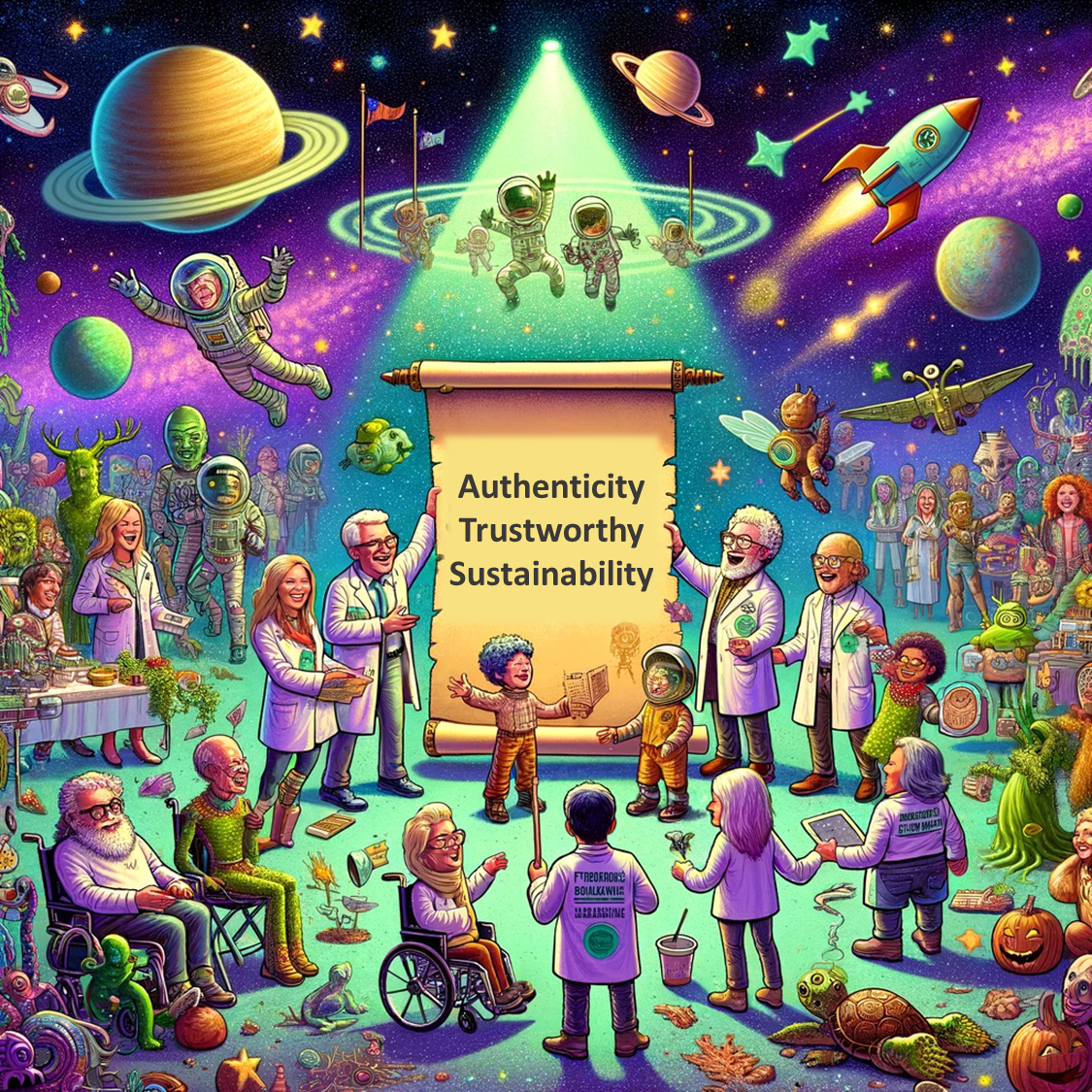When Avocados Met Toast: A Millennial Love Story Gone Too Far
Once upon a time, in a galaxy far too obsessed with demographics, fundraisers posing as researchers discovered young people crave authenticity, sustainability, and trustworthiness. And, in a stroke of genius, they declared these desires exclusive to the young, as if generations before had thrived on artificiality, wastefulness, and deceit.
The hilarious notion that these values are uniquely Millennial or Gen Z traits is to suggest that high appreciation for what feels genuine had an age limit, and past it, you’re just too old to appreciate a good recycle or honest advertisement.
Ah, generational marketing, that ever-popular strategy where we pretend that every individual born within a two-decade span shares the same personality, preferences, and purchasing habits. It’s almost as if marketers found a horoscope section labeled “Millennials” and decided it was a business model.
The only thing worse than reading a horoscope is believing it, like Microsoft’s infamous attempt to woo interns with “bae” and “noms”. Nothing says “we understand the youth” like using slang that makes you sound cringe worthy.
Imagine a world where marketers realize that a 25-year-old can be as interested in a retirement savings plan as a 65-year-old might be in the latest tech gadget.
Yet, we continue to see “strategies” hinged on the flawed premise of age dictating preference, ignoring the individuality sprawling within these so-called generational boundaries.
So, as we chuckle at the next direct mail piece tailored to the “young” soul who supposedly longs for nothing, but authenticity delivered via post, just ponder the consumer marketing equivalent; trying to sell “experiences” to Millennials because “that’s what they all want,” while the Boomers and Gen Xers are busy booking adventure travels and experiential workshops. Oops.
We’re all just people trying to navigate a world that’s too complex to be segmented by the year we were born. Identities and personalities shape attitudes and preferences. These are individualized, not generational.
Netflix identifies 2000 “taste communities” that share preferences and are more meaningful than demographics. As their VP of Product notes, “Because, here’s a shocker for you, there are actually 19-year-old guys who watch Dance Moms, and there are 73-year-old women who are watching Breaking Bad and Avengers.”
Generational pontificating is intellectually lazy and dangerously useless if applied.
Alternatively, you can know who your donors are beyond birth year and RFM. You can know them in a meaningful way that does warrant tailored messages, imagery, package design and format to match their preferences.
You can have all this for $.15 per name. What’s your cost to acquire? What percentage increase does $.15 represent? You’ll need to move that decimal to the left to answer.
It doesn’t matter if you have 1,000 donors or 1,000,000 donors. Which of your 1,000 doesn’t deserve optimal treatment? This isn’t about aspiring to have 2,000 taste communities. Just go for 2. One more than you have now, which may seem daunting but it sure beats mistaking “we need to get younger” as a winning strategy.
Kevin



My simple and HEART-felt “thank you” will, I hope, suffice.
Run this one monthly … exclusively for your high-ticket subscribers, though. There is no way the whole world can know this for free, just by subscribing.
Thank you Tom, a show of appreciation always suffices. Will do on hitting repeat on this message every so often.
Not only on-point, but really well written.